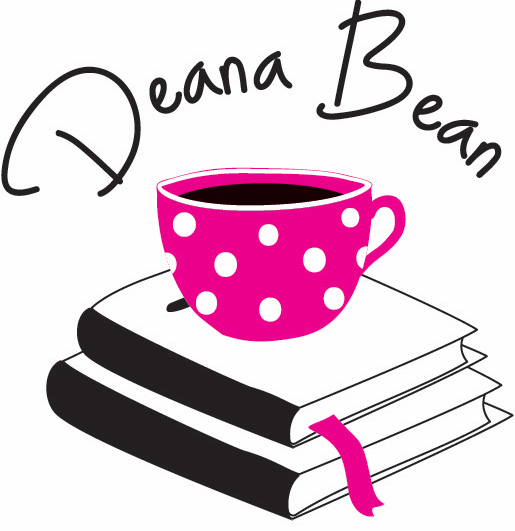How to Evaluate Children's Learning Books: A Guide for Parents and Educators
Choosing the right children’s learning books is essential for fostering a love of reading and building early literacy skills. But with so many books on the market, how can you tell which ones are truly beneficial for young readers? Whether you’re a parent, teacher, or homeschooler, learning to evaluate children’s books can best be accomplished by considering a few key factors.
1. Look for Age-Appropriate Content
A great children’s learning book matches the developmental stage of the child. Younger kids benefit from books with rhyming words, repetition, and engaging illustrations, while older children need more complex vocabulary and storylines to challenge their growing minds. Check publisher recommendations, but also consider your child’s unique interests and reading level.
2. Assess the Educational Value
Books should do more than just entertain—they should teach valuable skills like reading comprehension, problem-solving, empathy, and creativity. Look for books that incorporate:
3. Evaluate the Quality of Writing and Illustrations
A well-written children’s book has clear, engaging language and avoids overly complicated words that may frustrate young readers. The best books balance words and pictures so that illustrations support comprehension. Look for diverse characters, vibrant imagery, and expressive storytelling that captivate children’s attention.
4. Consider Representation and Inclusivity
Children’s learning books should reflect diverse cultures, experiences, and perspectives to help young readers develop empathy and understanding. Books with characters of different backgrounds, abilities, and family structures allow children to see themselves in stories and expand their worldviews.
5. Read Reviews and Recommendations
One of the best ways to evaluate a book is to see what others are saying! Check out:
6. Test It with Kids!
Sometimes the best way to evaluate a book is to see how a child responds to it. Do they stay engaged? Ask questions? Want to read it again? A great book will capture a child’s imagination and encourage a love for learning.
Deana Charcalla, DeanaBean.com
